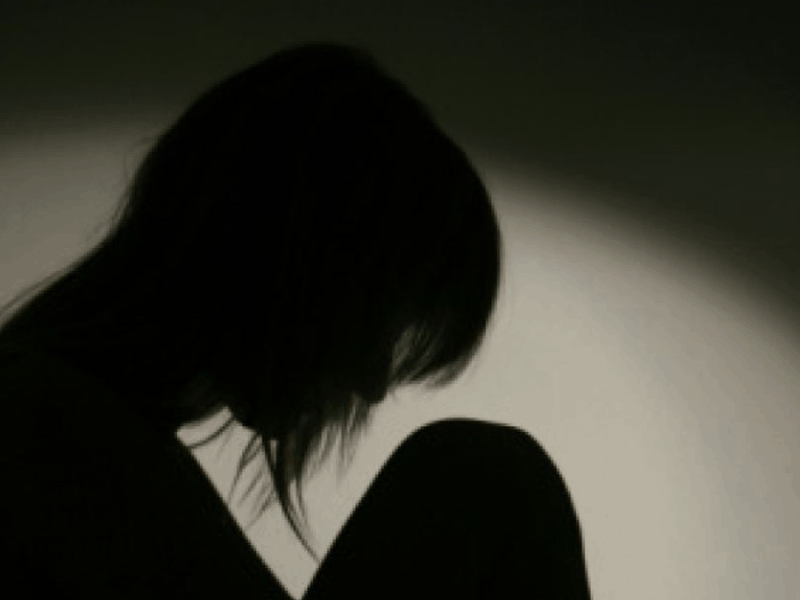
A new survey has revealed that Greek women are at higher risk of depression compared to women of other ethnicities living in Greece.
The survey was conducted by the National Centre for Social Studies in collaboration with NTNU, the Norwegian University for Science and Technology and found the highest rates of depression among Greek women (40%), compared to 30% for women of Albanian origin and 25% for women from other countries. The rate was even higher among Greek women with a low level of education (45%) compared with their more educated counterparts, while the link to education also held true for women from third countries, where those with low levels of education had higher rates of depression than Greek women as a whole.
A significant increase in depression rates was noted among women who were retired or disabled with no telling difference between Greek women in employment or education and Greek women that are unemployed.
Rates of depression among men are just under 30%, regardless of race or nationality, but education again plays a significant role, with the percentage rising to 40% among the less educated and falling to 25% for those with high levels of education.
In terms of overall health, education also played a role in the health problems reported by survey participants, with most problems reported by migrant women with low education.
Migrants rarely reported difficulties in gaining access to treatment, however, while migrant men reported better health than Greek men and self-reported better rates of physical activity and abstinence from smoking and drinking, though worse rates for exposure to workplace hazards.
